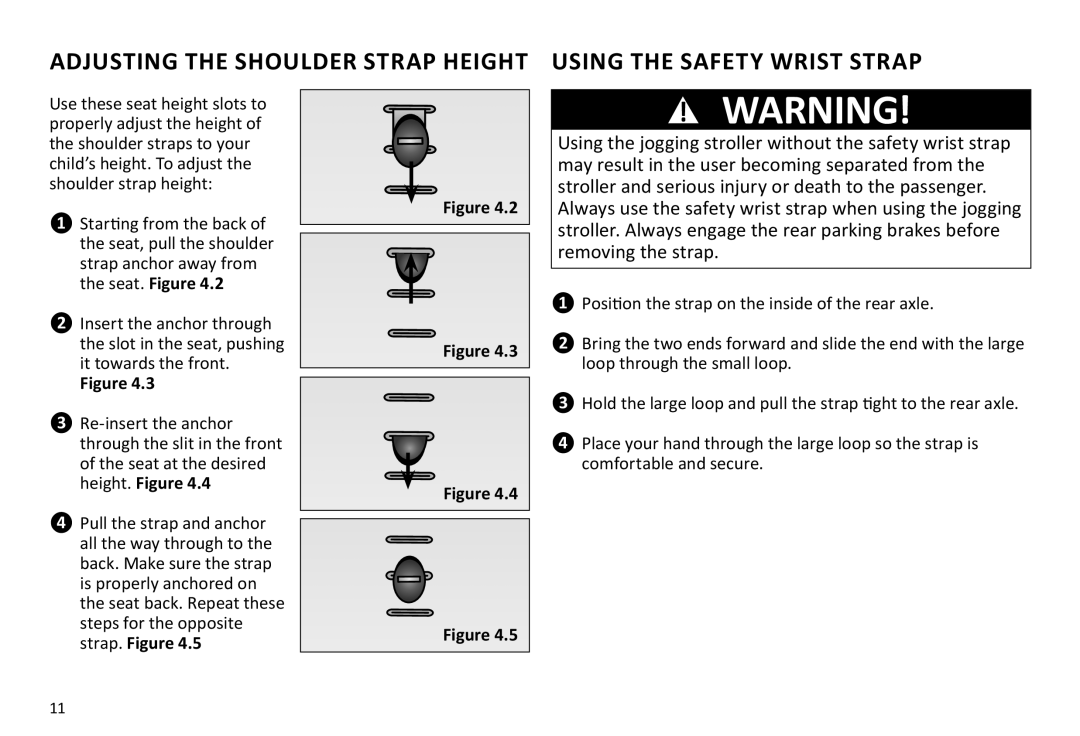11-AR209, 11-AR208 specifications
InStep 11-AR208 and 11-AR209 are advanced robotic arms designed for a variety of applications across multiple industries. These models represent the pinnacle of technology in automation, featuring cutting-edge components and innovative designs that enhance performance and flexibility.One of the standout features of the InStep 11-AR208 and 11-AR209 is their impressive payload capacity. The 11-AR208 can handle payloads up to 8 kilograms, while the 11-AR209 expands that capability to 10 kilograms. This allows for the manipulation of heavier tools and components, making them suitable for tasks such as assembly, packaging, and material handling.
Both models are equipped with a multi-joint structure that provides a wide range of motion. With a 6-axis configuration, they can reach difficult angles and perform intricate movements with precision. This flexibility makes them ideal for applications that require detailed work or interaction with complex machinery.
In terms of control technology, the 11-AR208 and 11-AR209 incorporate advanced motion control algorithms that enable smooth and reliable operation. The robotics system is powered by a high-performance controller that supports real-time data processing, allowing for quick adjustments and adaptations to varying operational demands.
Another significant aspect of the InStep robotic arms is their integration capabilities. They come with standard communication protocols such as Ethernet and CAN, facilitating seamless connectivity with other machines and control systems. This interoperability enhances their utility in automated production lines, where coordination between different elements is crucial.
Durability is also a key characteristic of the InStep 11-AR208 and 11-AR209. Constructed from robust materials designed to withstand the rigors of industrial environments, these robotic arms offer high reliability and longevity. Additionally, they feature IP54-rated enclosures, ensuring protection against dust and splashes.
User-friendly programming interfaces, including graphical user interfaces and support for popular programming languages, make it easy for operators to set up and customize the robotic arms for specific tasks. This accessibility reduces the barrier to entry for companies looking to adopt robotic automation.
In conclusion, the InStep 11-AR208 and 11-AR209 robotic arms showcase a blend of strength, versatility, and ease of integration. Their advanced features and robust design make them a valuable asset for industries aiming to enhance productivity and optimize operations. With their ability to handle diverse applications, these robotic arms are poised to play a critical role in the future of automation.

